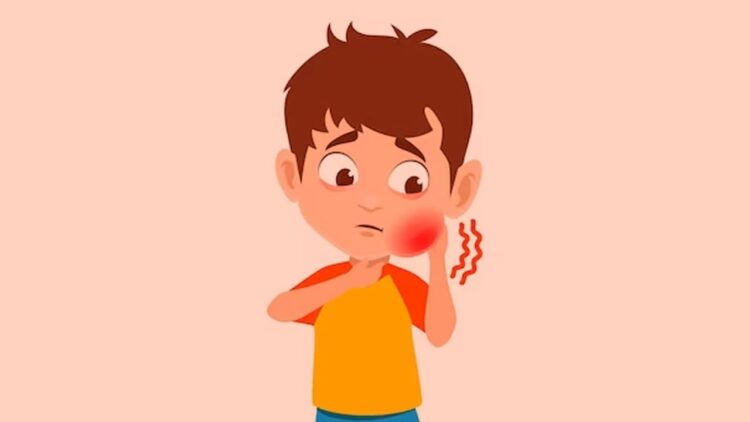Mumps cases have been increasing in India, especially in Delhi NCR, affecting children and adults who have not gotten vaccinated yet. So, if you also reside in Delhi or are in the infected areas, you should read this article to the end because here, we will tell you all about this spreading virus, from its symptoms to its treatment methods.
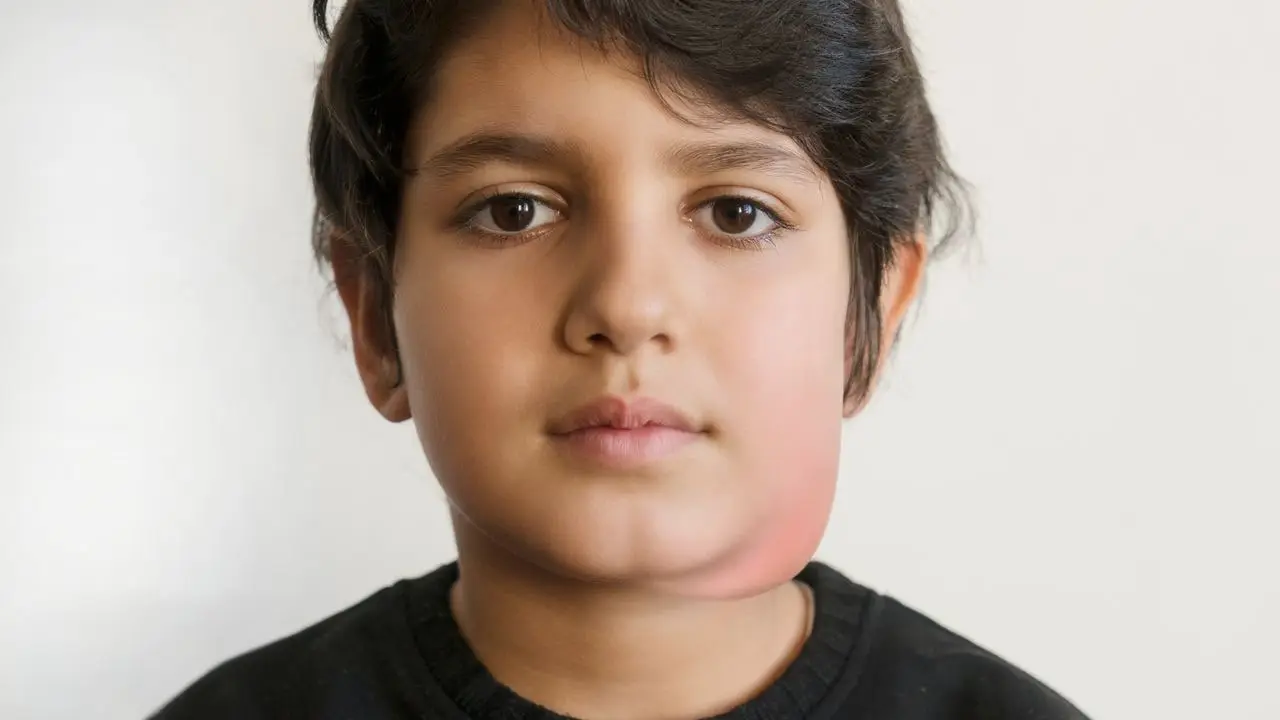
Read Also: 5 Worst Foods for Gut Health To Avoid
Mumps is a contagious disease caused by a virus that can quickly spread from one person to another through saliva, close personal contact, and nasal secretions. The virus affects the salivary glands, also called parotid glands, which are responsible for producing saliva. Each side of our face has three types of salivary glands located behind and below the ears. The typical symptom of mumps is swelling of the salivary glands.
Symptoms of Mumps
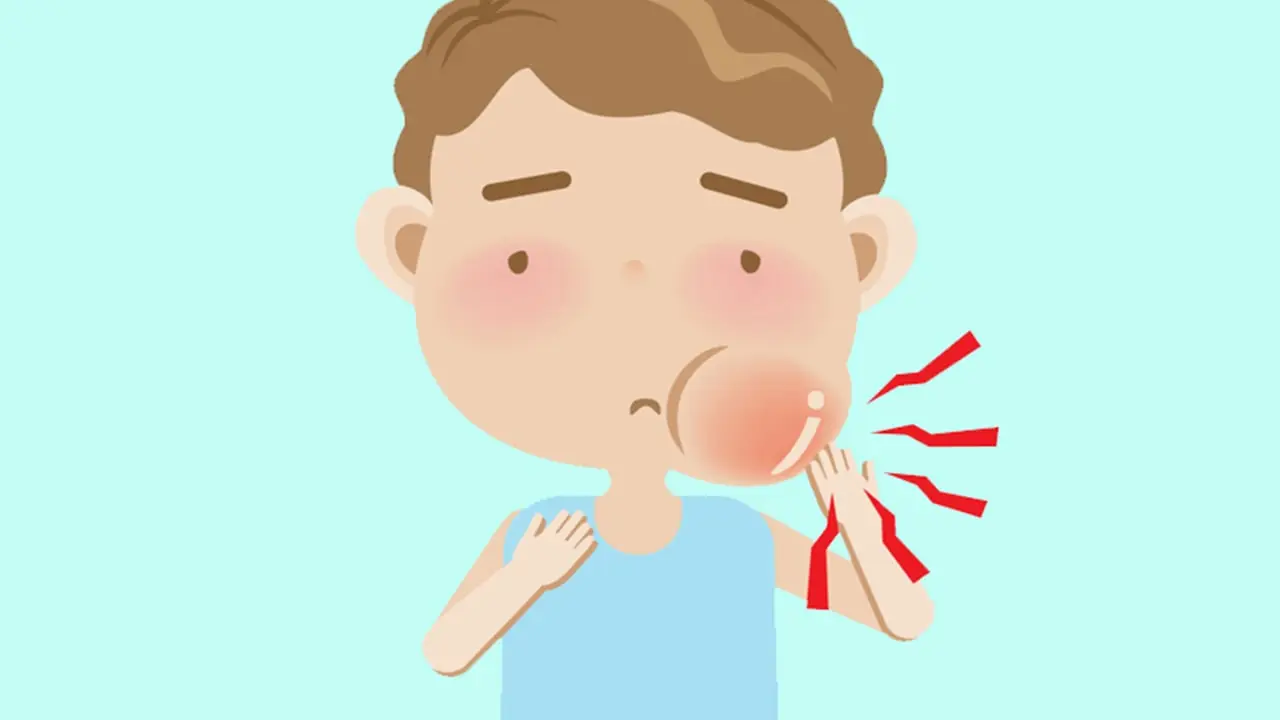
Symptoms of this infection usually appear within two weeks of exposure to the virus. Here are the most common symptoms of this virus.
- Fatigue
- Headache
- Low-Grade fever
- Body Aches
- Loss of Appetite
After a few days, the infected person will suffer from a fever of 103°F and swelling of the salivary glands. The glands might not swell immediately; the swelling and pain will increase periodically. When your parotid glands swell, you are more likely to infect others when you contact them. Sometimes, the infected people might not show any symptoms at all.
How to Treat Pumps Virus?
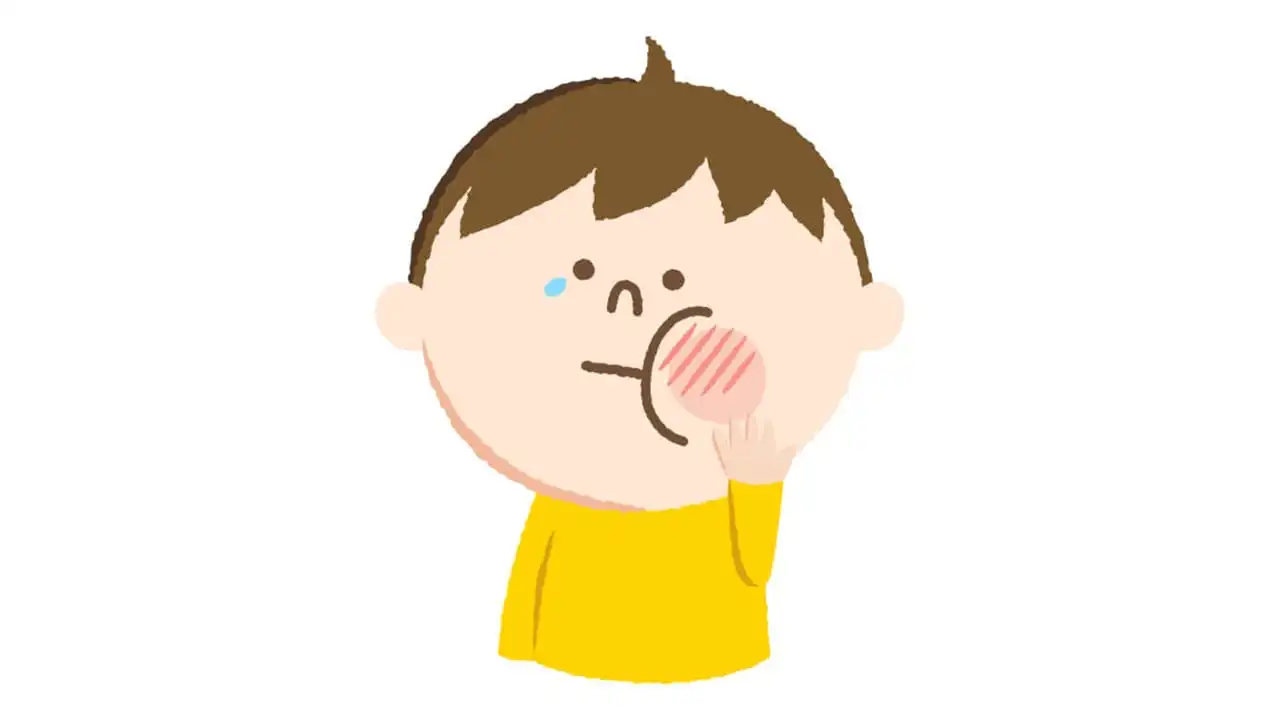
As this is a virus, it will not respond to antibiotics, but there are some ways you can try to ease the symptoms of this infection.
- Take proper rest when you feel tired or sick.
- If you have a fever, you can take over-the-counter pain relievers such as ibuprofen and acetaminophen, but only after discussing it with your health expert.
- You can apply ice packs to soothe the swollen glands.
- Drink plenty of fluid to avoid dehydration due to the fever.
- Focus more on soft diets that are easy to chew, such as soup, yogurt, and similar foods.
- Avoid alcoholic beverages, as this may also increase the pain in your glands.
You will feel better in almost ten days, and after that, you can go back to school or work, as the virus is not contagious then. In most cases, if you have already been infected with this virus, you will not get it again in your lifetime.
How To Prevent Pumps Infection?
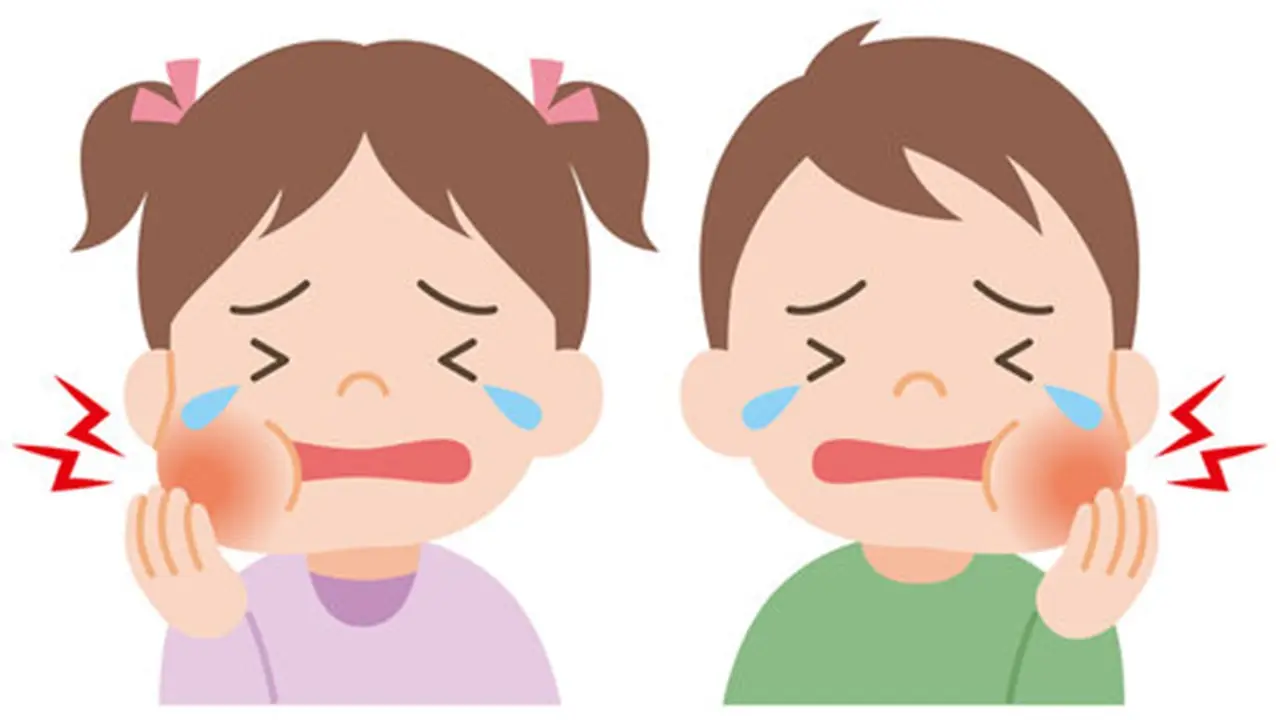
This virus is preventable and can easily be prevented by vaccination. Most children get the vaccine mumps for measles and rubella (MMR) simultaneously. The first vaccination dose is generally given between 12 and 15 months. The second dose is necessary between the ages of 4 and 6 years. Two doses are necessary to prevent this virus by 88% effectively. If you get one dose, it will be only 78% effective.
Adults born before 1957 who have not been infected with this virus should also consider getting vaccinated. Those working in high-risk environments, especially in hospitals or schools, should also get the vaccination to stop the spread of this infection.
As mumps cases increase in India, you should consider taking precautions; if you have not been vaccinated yet, go for it. In addition, focus on practicing hygiene, washing your hands correctly when coming home or eating something, and avoiding contact with infected people. So, if our information has helped you or you want us to cover any other topic, please let us know in the comment section below.
To get more of our exclusive content on Health Care and Lifestyle. Follow us on YouTube and Instagram.


